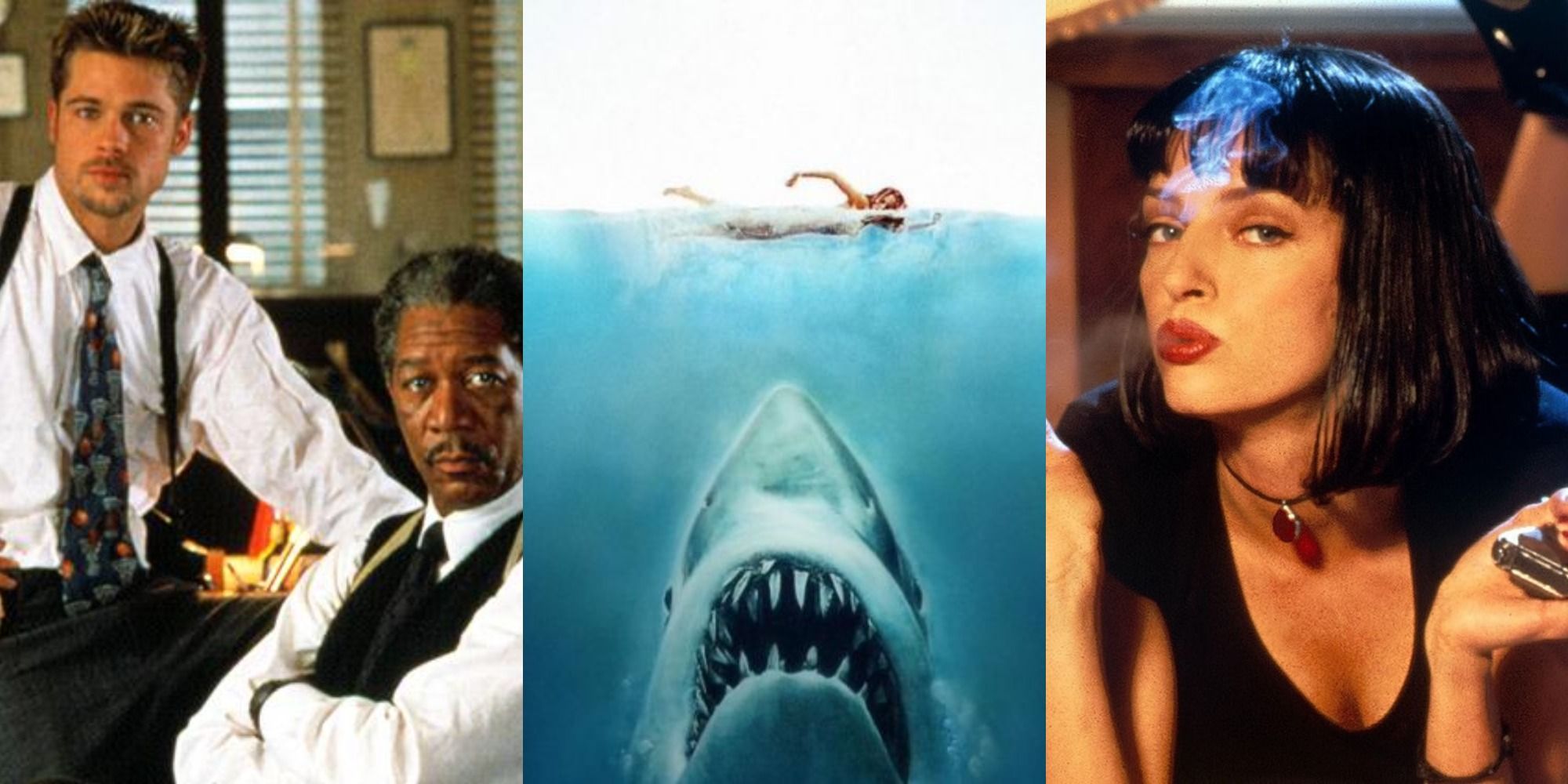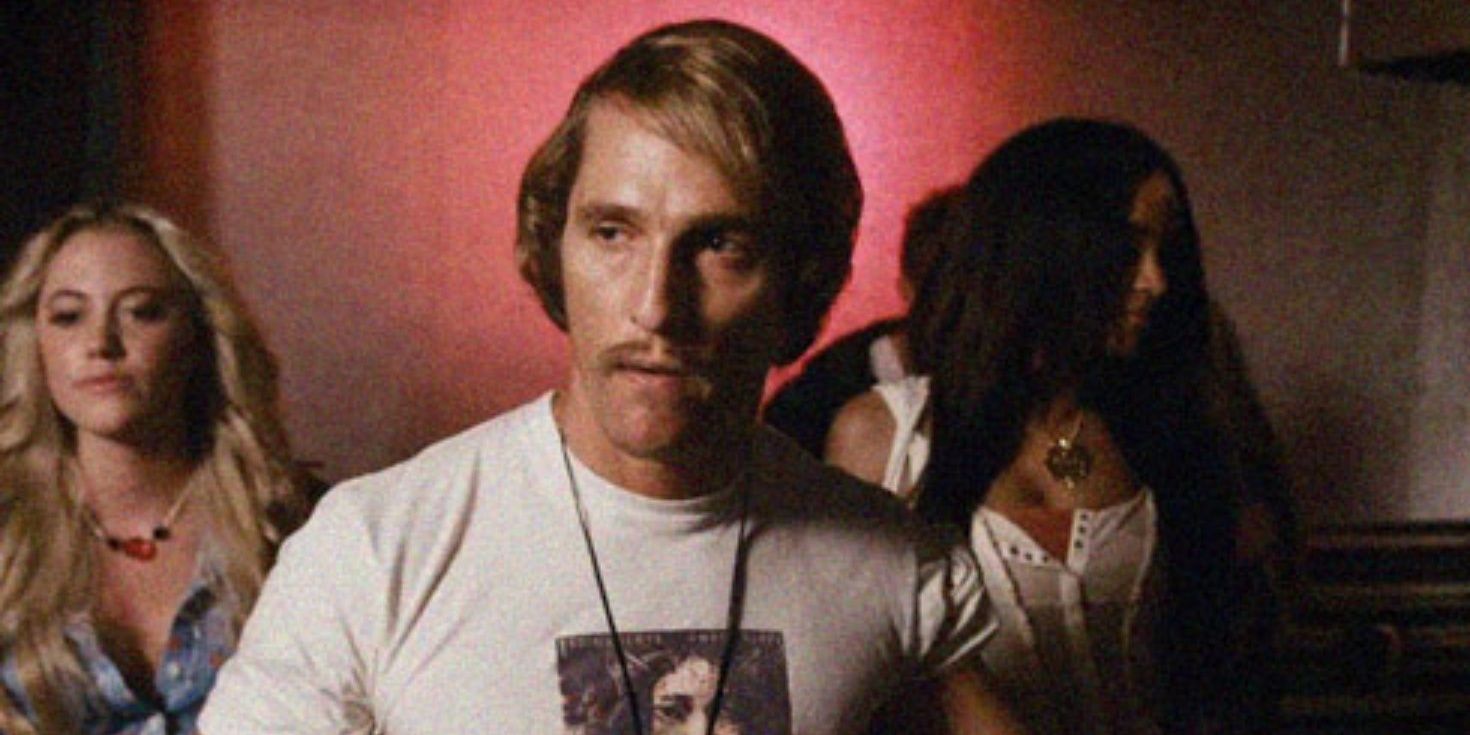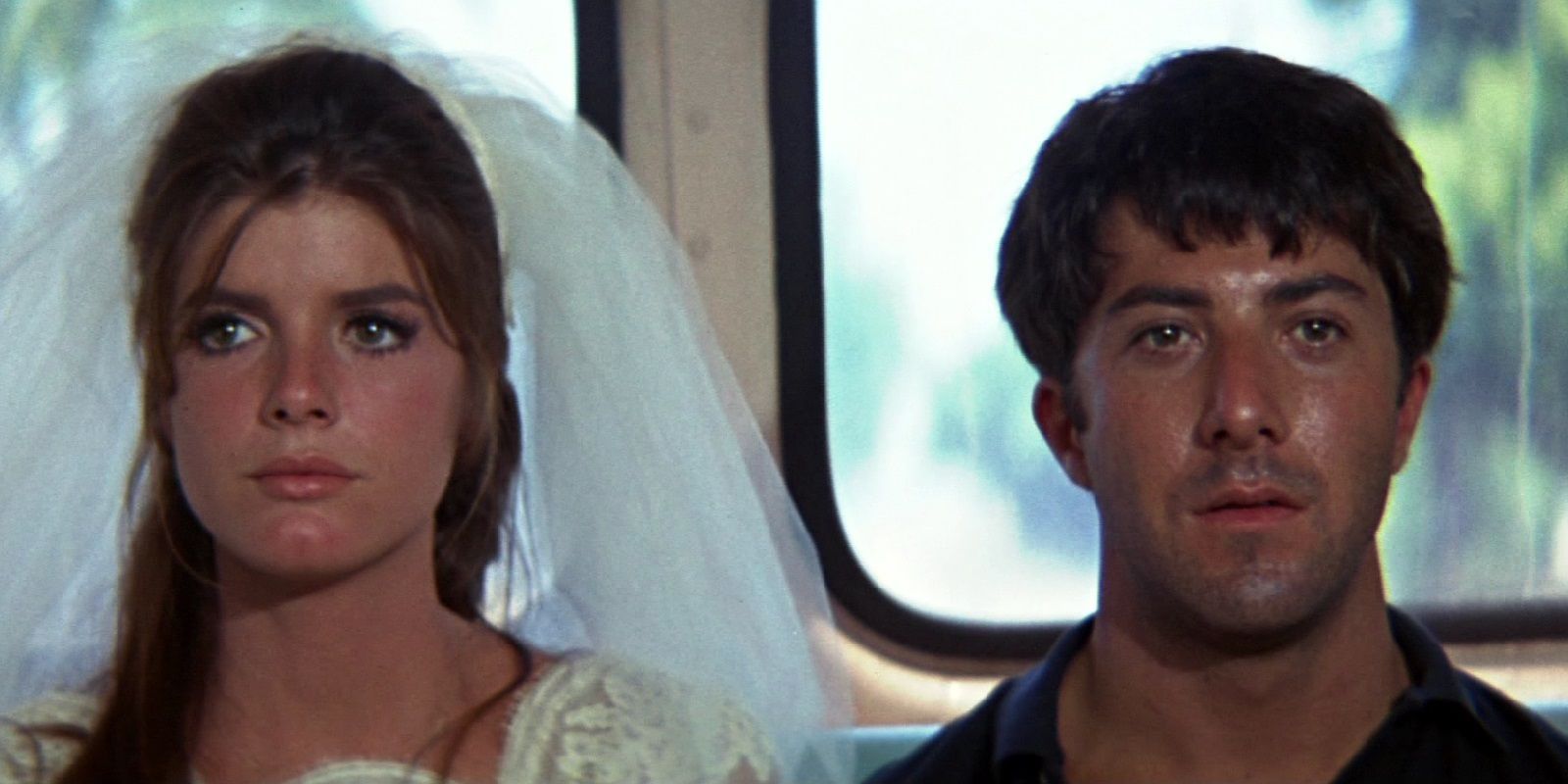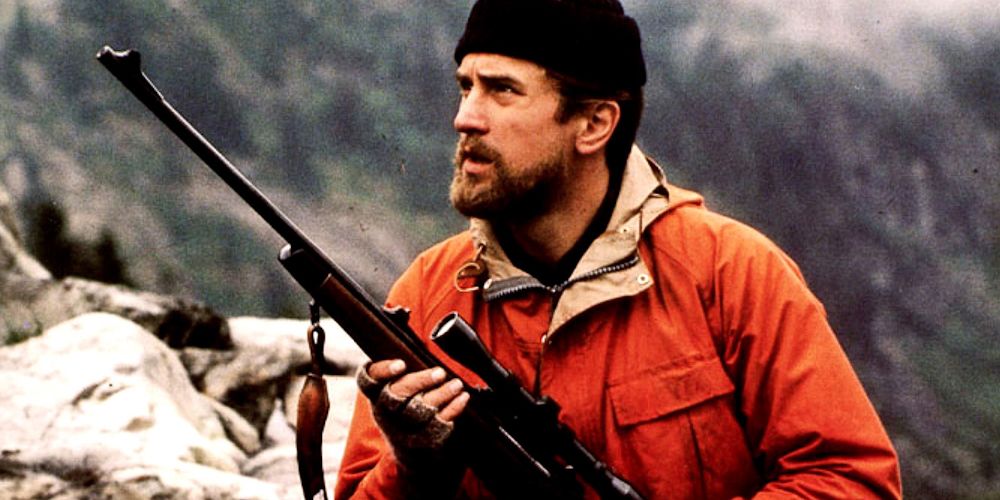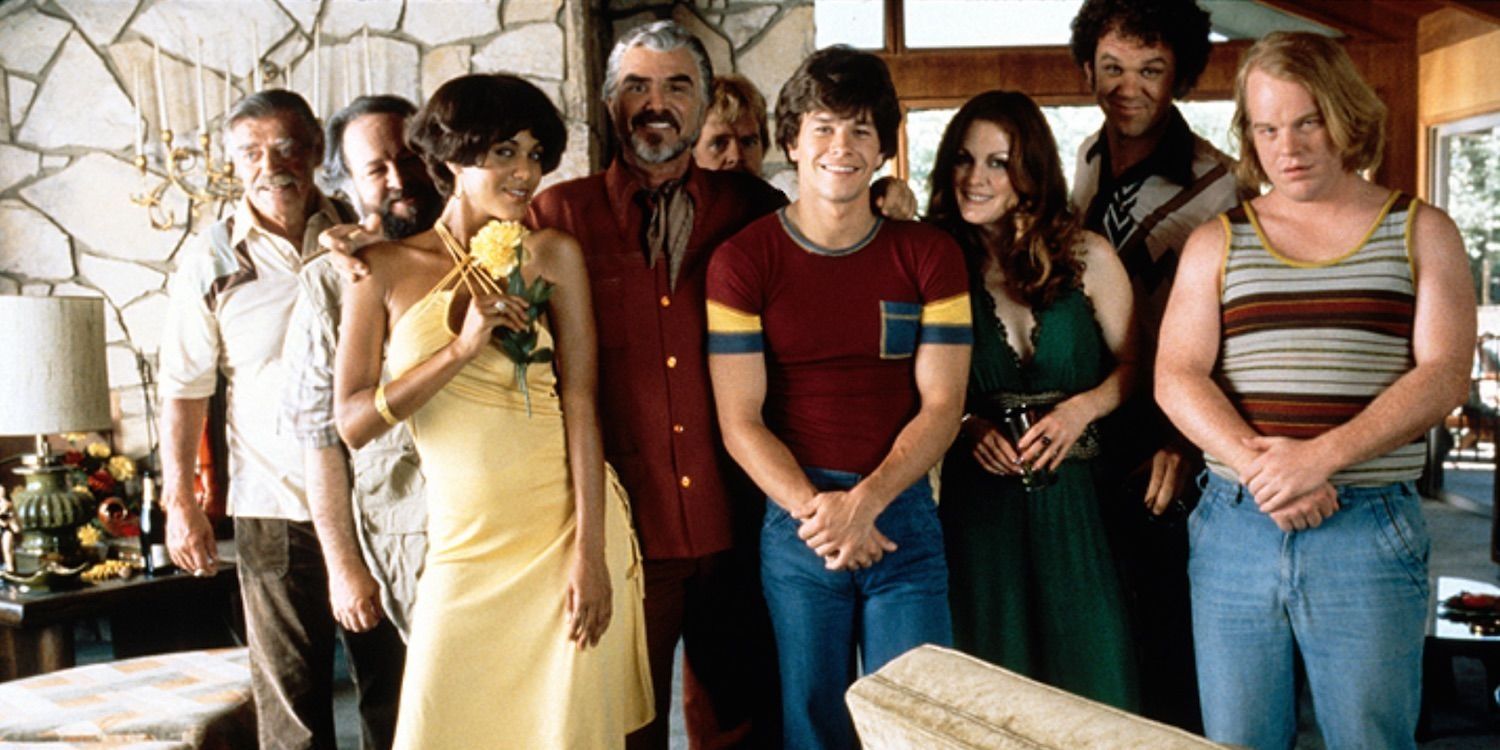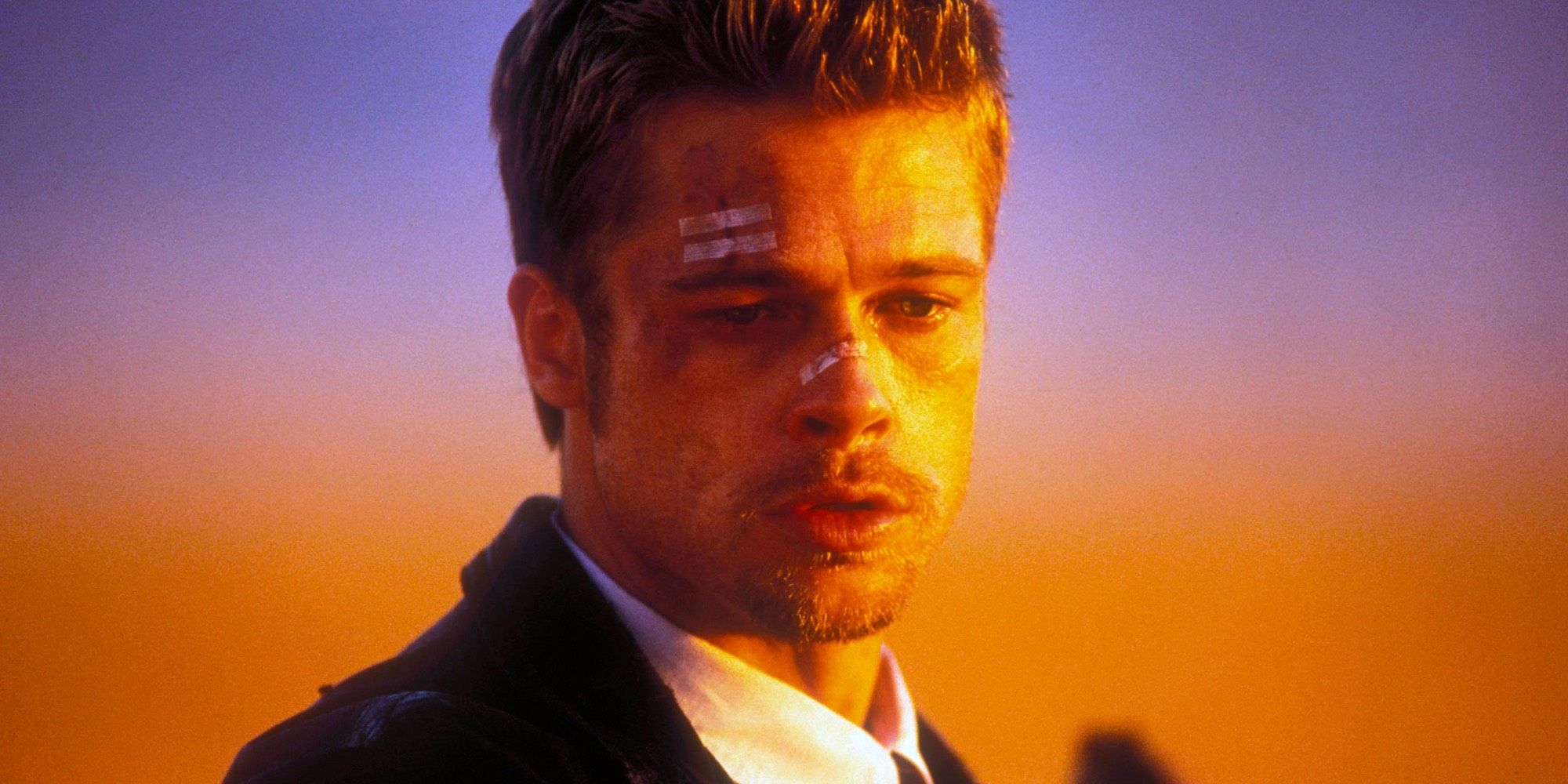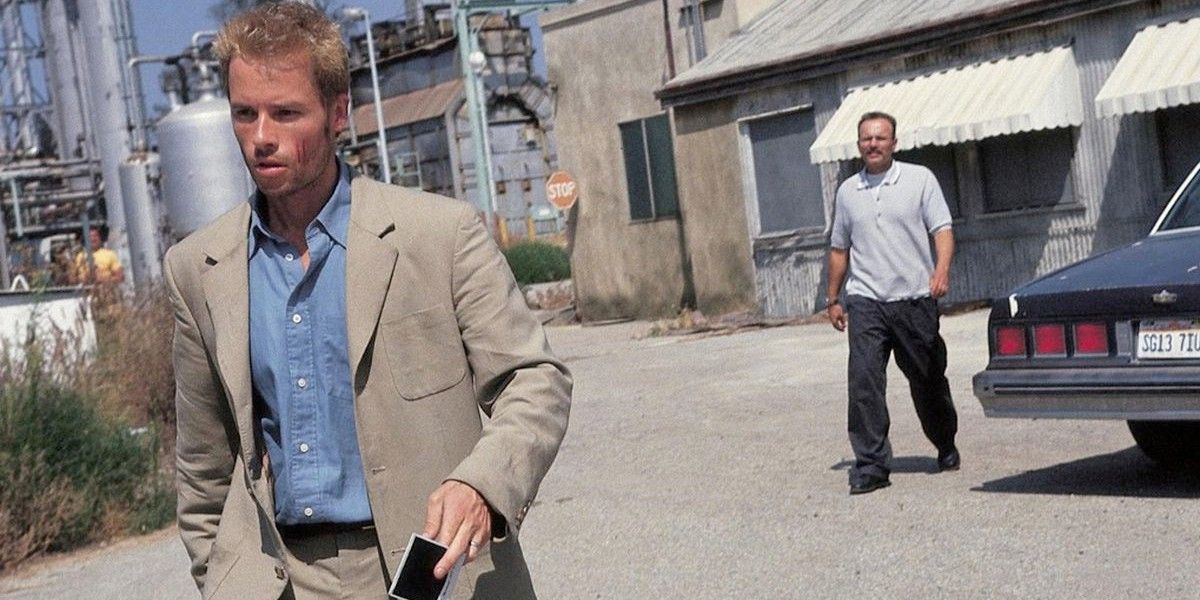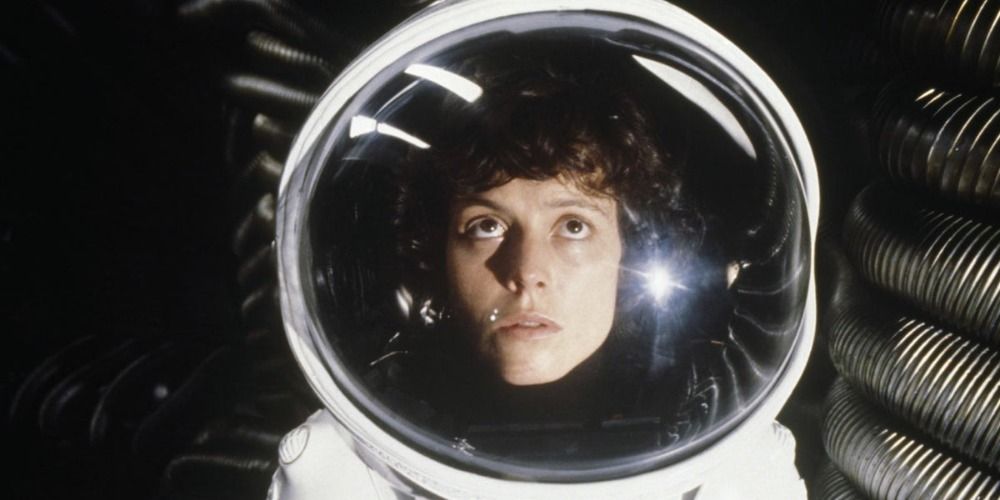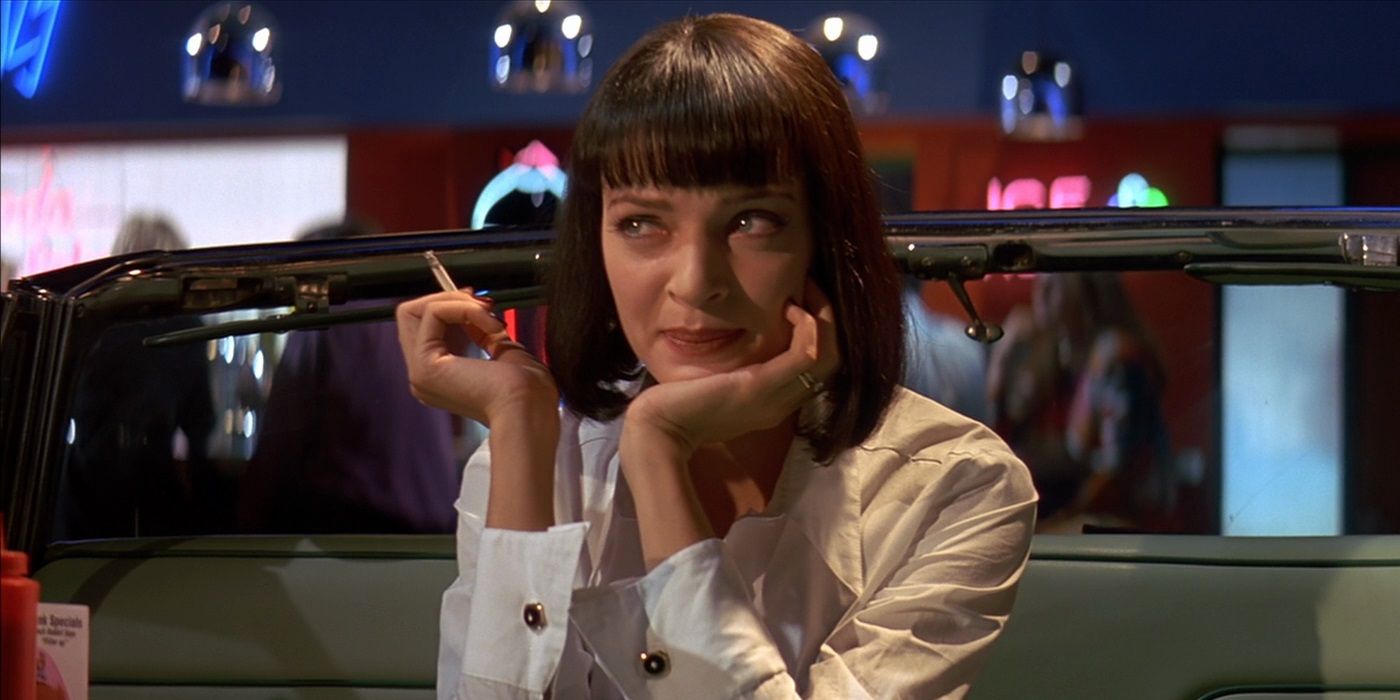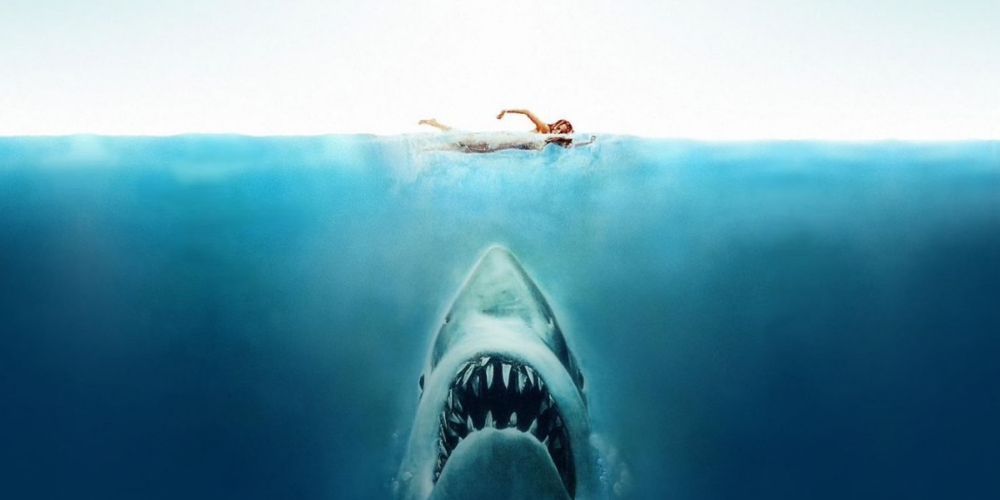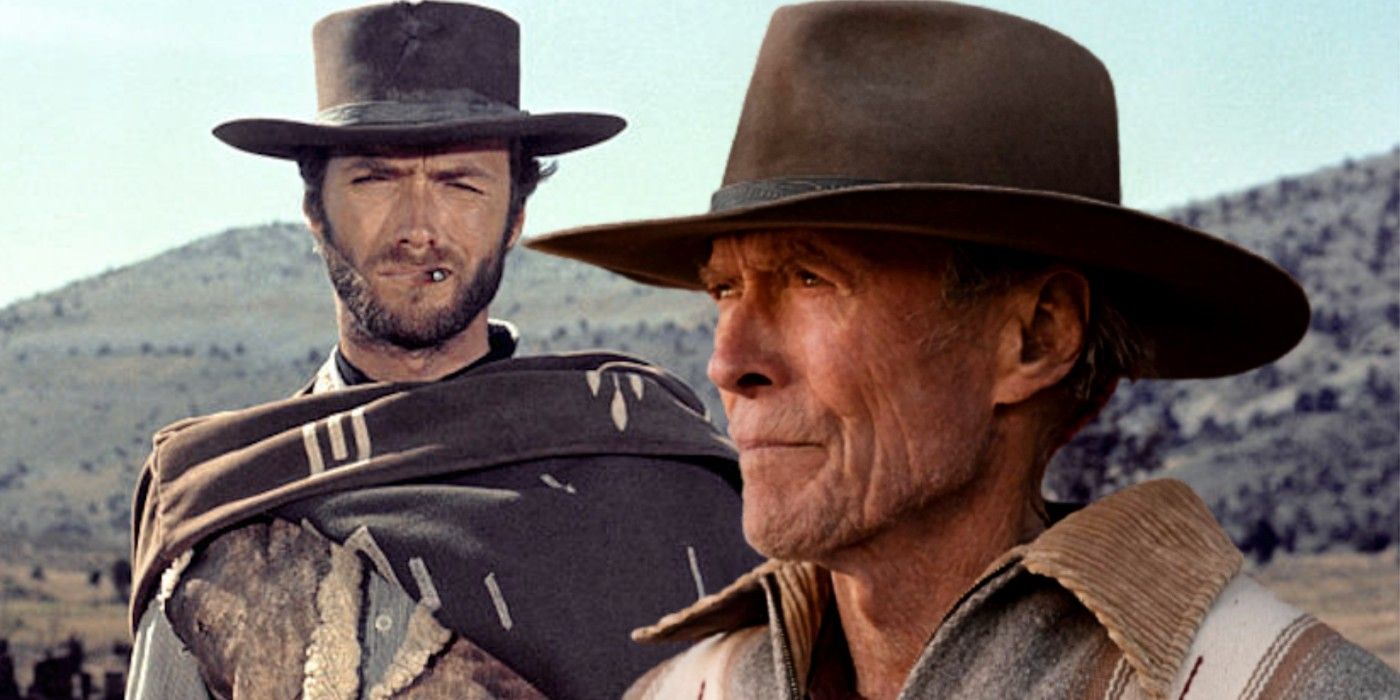Christopher Nolan's Memento and David Fincher's Se7en, are two examples of films that have reached universal acclaim, loved by both audiences and critics, but many may forget or even realize that these two films were only the second theatrical feature from the respective director. For many directors, the sophomore film can offer a chance at redemption or the opportunity to continue on the path to Hollywood stardom.
From small-time directors to the most prolific directors in the history of cinema- all have either fallen victim or claimed victory over the sophomore slump. Regardless of the success of the directorial debut, fans over at Ranker have nominated and chosen the best sophomore films from famous directors. From any genre to any decade, these directors proved that regardless of their debut results, they would conquer the infamous sophomore slump.
Dazed and Confused (1993)
Richard Linklater's first feature film, Slacker, was made at a low cost of around 25,000 and received acclaim from critics. More importantly, it opened the door for slightly bigger projects to which Linklater delivered Dazed and Confused, a movie with no real plot that followed the lives of Texas teens on their last day of high school.
While the movie was a financial disappointment, it would grow a cult following amongst audiences. It's may have lacked structure, but audiences were drawn to its honest and genuine depiction of life for teens in Austin, Texas in the 1970s. The movie would become endlessly quotable and for many fans, Dazed and Confused is one of the best coming-of-age films of the '90s.
The Graduate (1967)
After the immense success of his directorial debut, the pressure for director Mike Nichols to deliver on his sophomore film was higher than ever. But The Graduate, the story of a young college graduate who becomes entangled in a love triangle with an older woman and her daughter, would defy all expectations, becoming an immediate commercial and critical hit.
Beyond the acclaimed performances and direction, The Graduate was a sharp satire on adolescence and romance with an ambiguous ending that allowed audiences to debate for years. The movie even boosted the popularity of Simon & Garfunkel after it featured "The Sound of Silence" prominently in the film.
The Deer Hunter (1978)
Clocking in at 184 minutes, Michael Cimino's sophomore film, The Deer Hunter, was an epic war drama about a group of friends who enlist in the Vietnam War. Despite being one of the more grim and dark movies of the year, The Deer Hunter was a commercial and critical success.
Much of the praise was rooted in the performances of its all-star cast which included Robert De Niro, Christopher Walken, John Cazale, and Meryl Streep. However, The Deer Hunter was also known for its brutal depiction of the mental and physical tolls of the Vietnam War and due to its longer duration, the movie took its time exploring complicated themes such as the dehumanization of war.
Boogie Nights (1997)
Paul Thomas Anderson's Boogie Nights, a film that chronicled the rise of a young adult film star in the 1970s, was the sophomore follow up to Anderson's Hard Eight, catapulting Anderson into Hollywood stardom. The critical success of Boogie Nights would land Anderson his first Oscar nomination for Best Original Screenplay.
Boogie Nights' success derives from its talented cast, all of who deliver high-caliber performances, but the movie is more of a testament to Anderson's skill as a writer and director. The film seamlessly tells a story of the rise and fall of Dirk Diggler while simultaneously tackling the dark side of the adult film industry, an industry that was mostly glamourized in the 1970s.
Se7en (1995)
While David Fincher may be a household name now, many forget that the director had a shaky start to his directing career. Alien 3 received mostly mixed reviews, but Fincher would bounce back with his gritty crime thriller, Se7en, a movie that followed two detectives on a hunt for a brutal killer whose crimes are inspired by the seven deadly sins.
Se7en would capture the minds of audiences with its stellar performances from its main cast, but also leave them speechless with some of its more gruesome and intense moments. As the mystery of John Doe's plans unraveled, audiences would be faced with a memorable jaw-dropping twist, securing Se7en a top spot in Fincher's filmography for many fans.
Memento (2000)
Like David Fincher, Christopher Nolan has cemented himself in movie stardom with films such as The Dark Knight and Inception under his belt. But Nolan's career didn't launch until the release of his sophomore film, Memento, a movie about a tattooed man with amnesia searching for the man who murdered his wife.
While the basic plot summary of Memento might be enough to entice an audience, the true draw of the film was how the story was told. What is now a signature aspect of many of Nolan's films, Memento is told simultaneously backward and forward, keeping the audiences guessing until the final moments of the film and providing a movie-watching experience like none other.
Alien (1979)
Alien was a drastically different film from Ridley Scott's directorial debut, The Duelists, a historical drama that was relatively small but did receive some critical praise. However, the story of the Nostromo, Ripley, a xenomorph, and the ultimate fight for survival - Alien forever altered the course of science fiction and horror.
Alien was the perfect blend of science fiction and horror, mixing the familiar with the very unfamiliar. But Alien's legacy was further cemented when it featured a strong female heroine as its lead-Ripley would become synonymous with courage and tenacity inspiring years of iconic heroes in the future.
Pulp Fiction (1994)
Quentin Tarantino looked to perfect his use of nonlinear story-telling with his sophomore film Pulp Fiction, which featured three separate stories all intertwined into one cohesive film. To call it a success would be an understatement, earning critical acclaim and scoring a nomination for Best Picture at the Academy Awards. Despite ultimately losing, Pulp Fiction would be considered by many as one of the greatest best picture nominees that didn't win Best Picture.
It's difficult to pinpoint the exact reason for Pulp Fiction's immense success. From the story-telling, its decision to abandon a traditional film score for a soundtrack, or its many iconic performances from the large ensemble cast, Pulp Fiction would find a place in the hearts of many movie fans.
Jaws (1975)
In his second theatrical released film, Steven Spielberg forever changed the landscape of film with the release of Jaws, effectively creating the first-ever movie blockbuster. A simple story of a shark haunting the waters of the fictional Amity Island, Jaws would captivate the minds of critics and audiences alike.
Despite Jaws being one of Spielberg's earliest films and despite a career filled with renown, Jaws is still considered by many to be one of Spielberg's most rewatchable films. From the iconic John William's film score to the movie's historic finale, the influence of Jaws was so recognizable, that even the decrease in attendance at beaches would be attributed to the film.
A Fistful of Dollars (1964)
The 1964 spaghetti western starring Clint Eastwood was the first film of what has been dubbed, The Dollars Trilogy, and was the sophomore film by renowned director Sergio Leone. A story about The Man with No Name and two rival gangs, A Fistful of Dollars, and its subsequent sequels would be the catalyst to Clint Eastwood's storied Hollywood career.
Drawing direct inspiration from the acclaimed film Yojimbo by the esteemed Akira Kurosawa, A Fistful of Dollars initially received generally unfavorable reviews but has garnered positive attention from critics over the years. The movie would be considered highly influential for reinvigorating and ushering in a new era of Western films.

